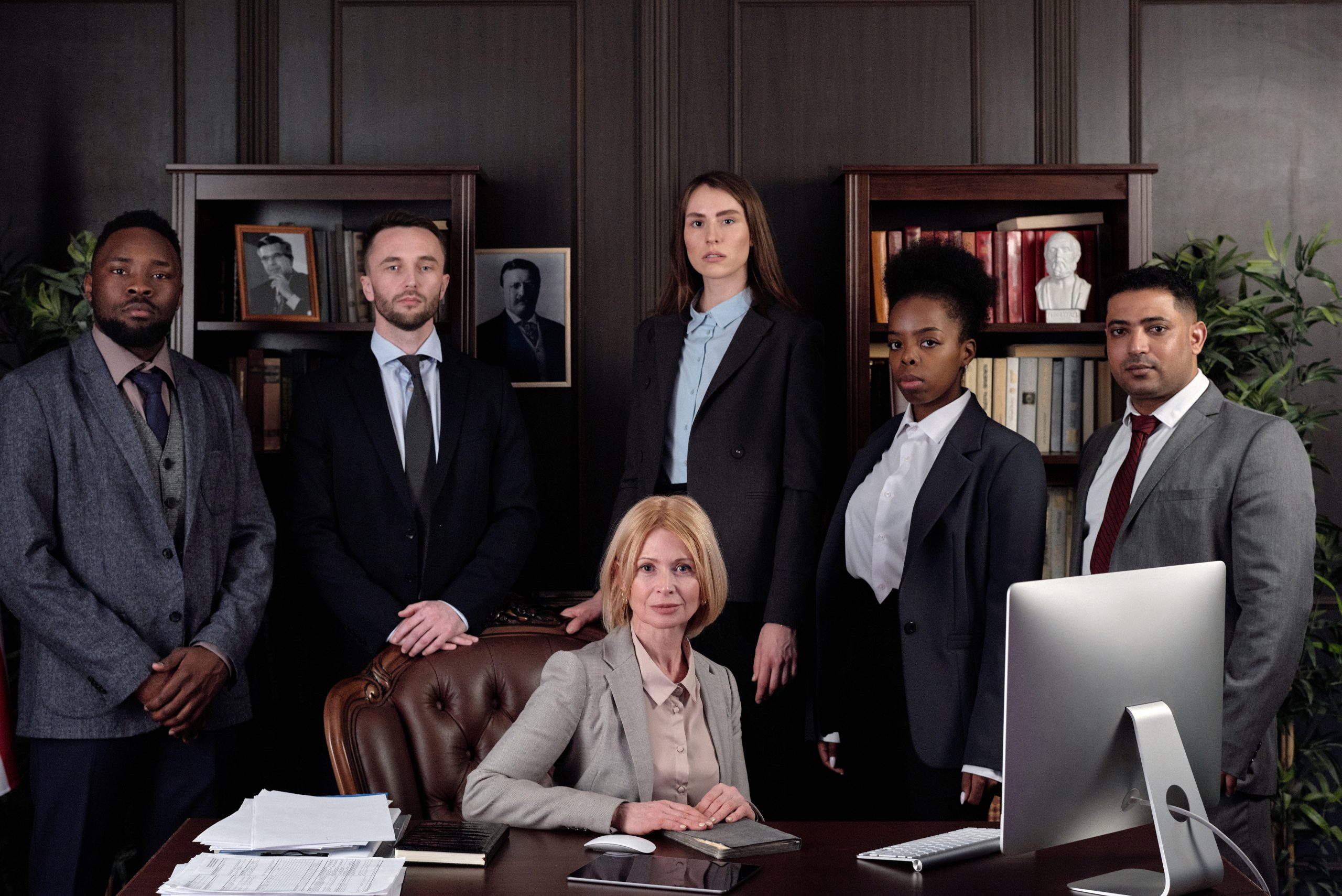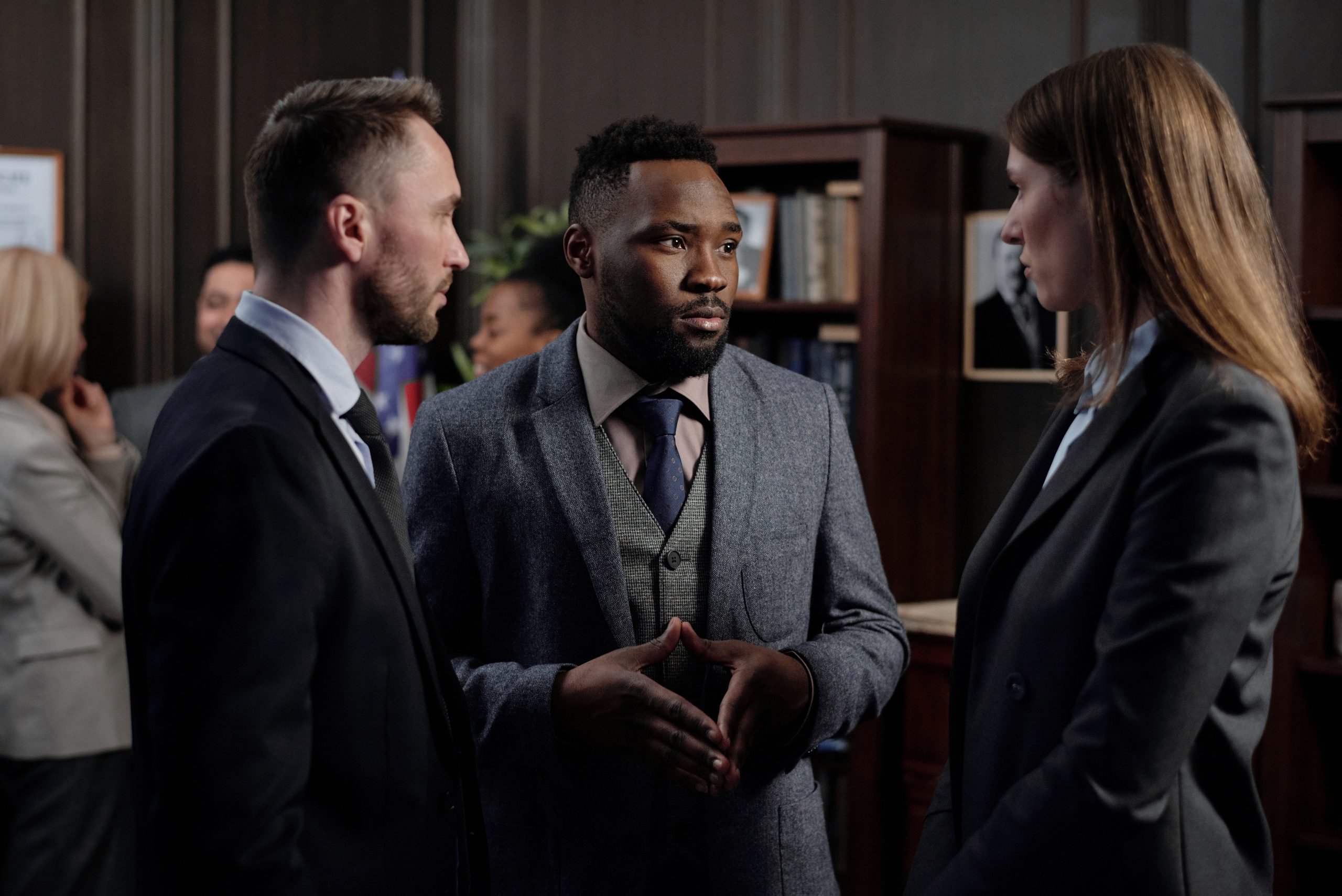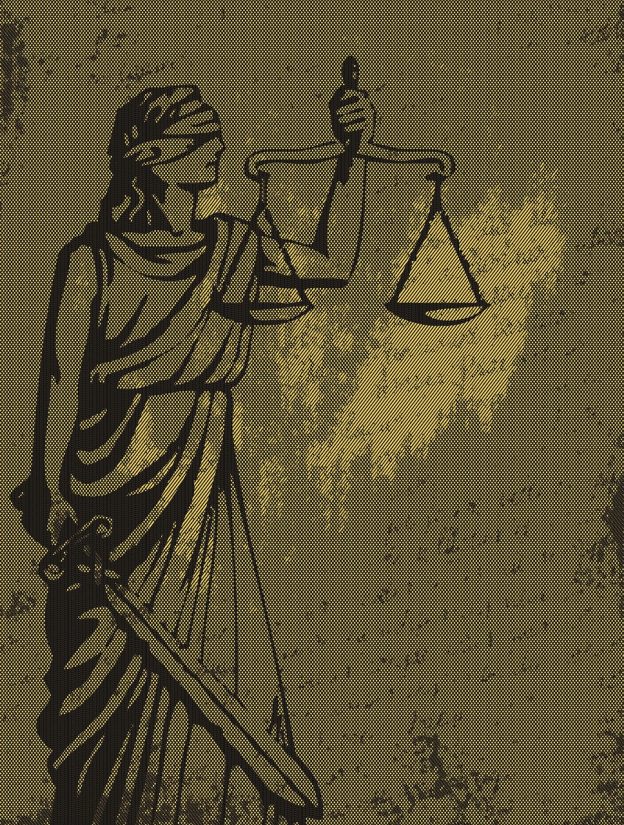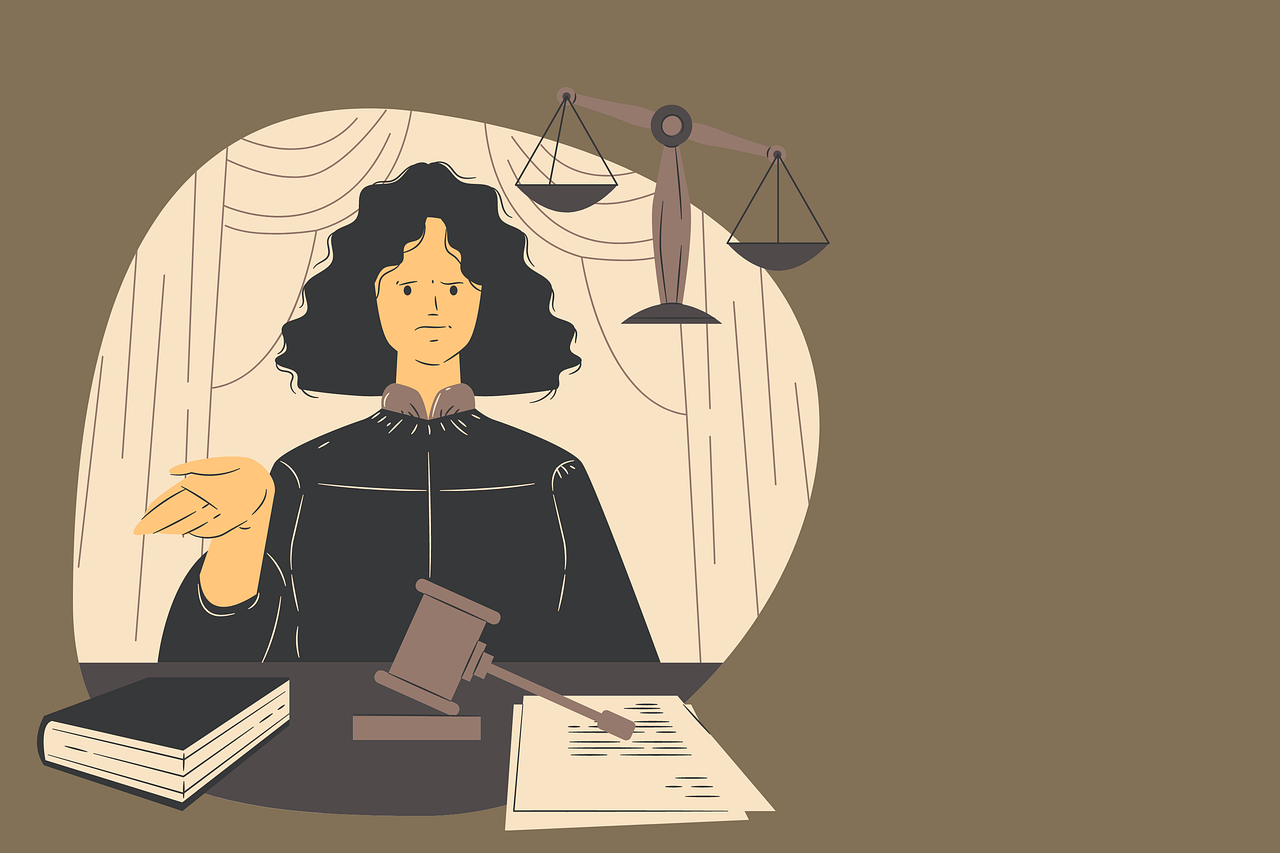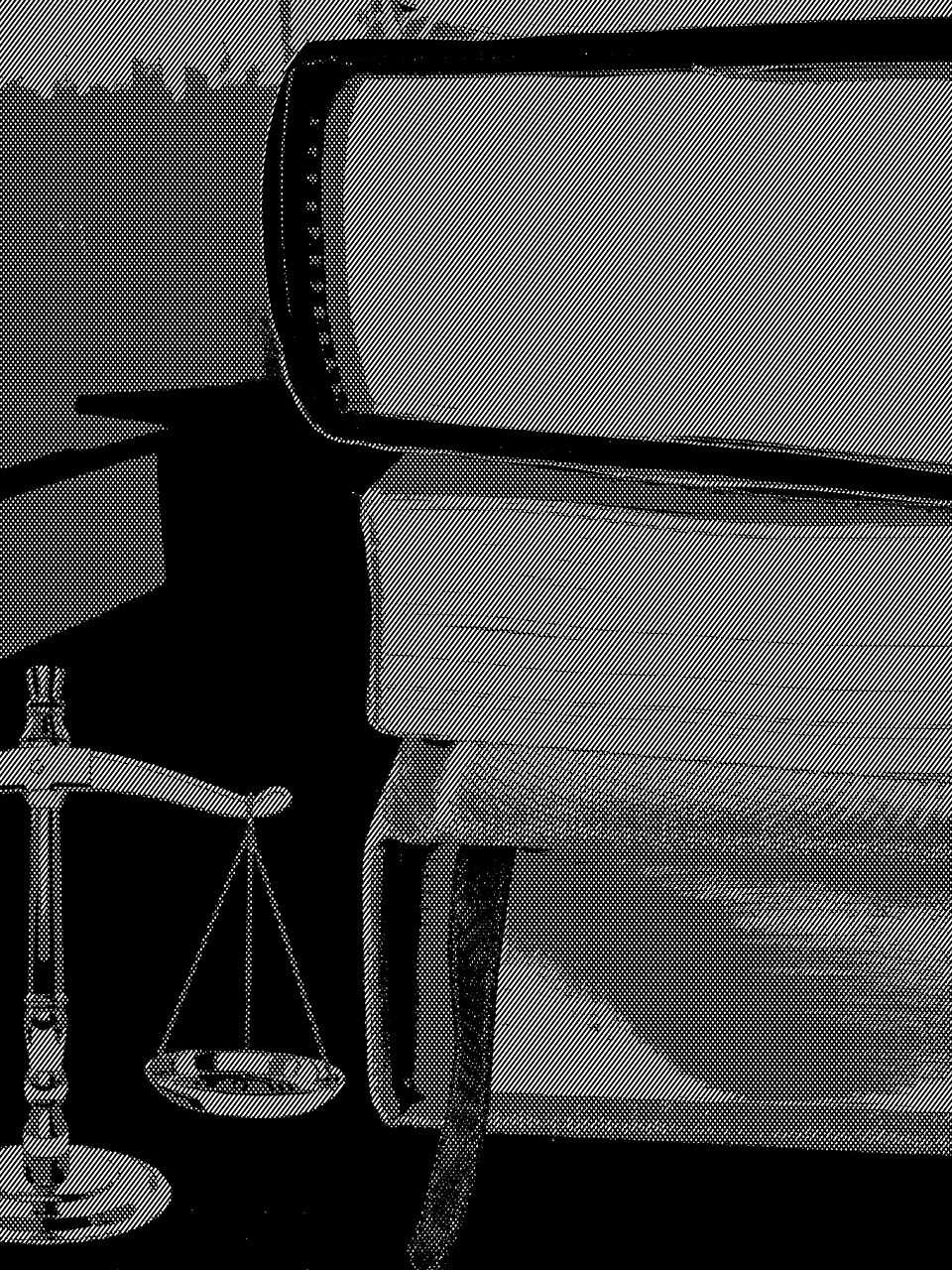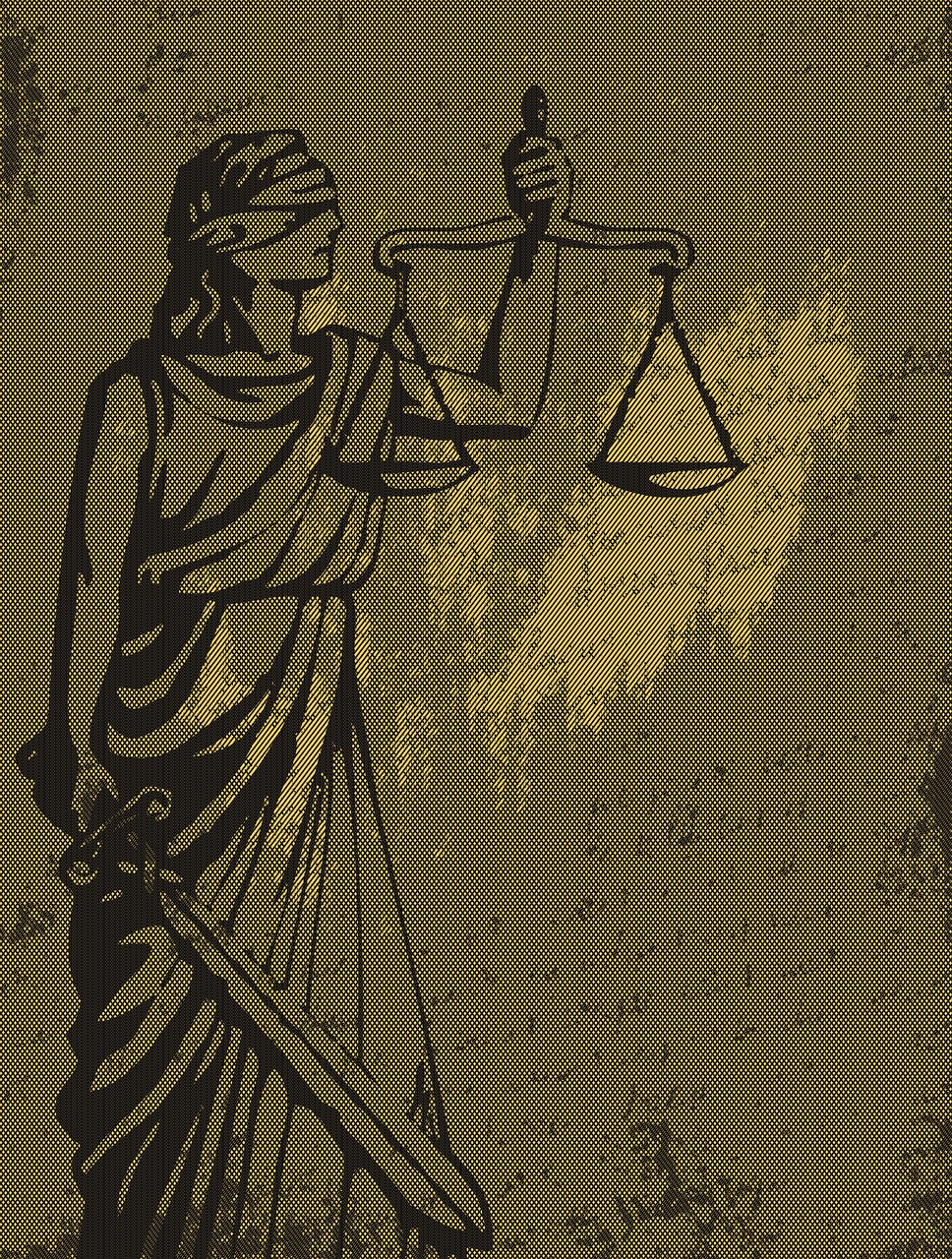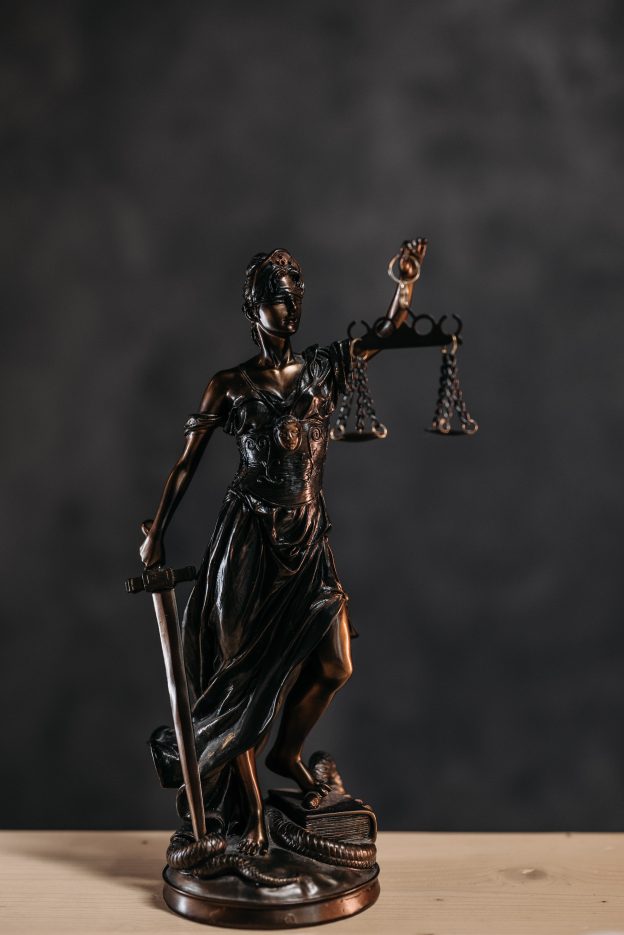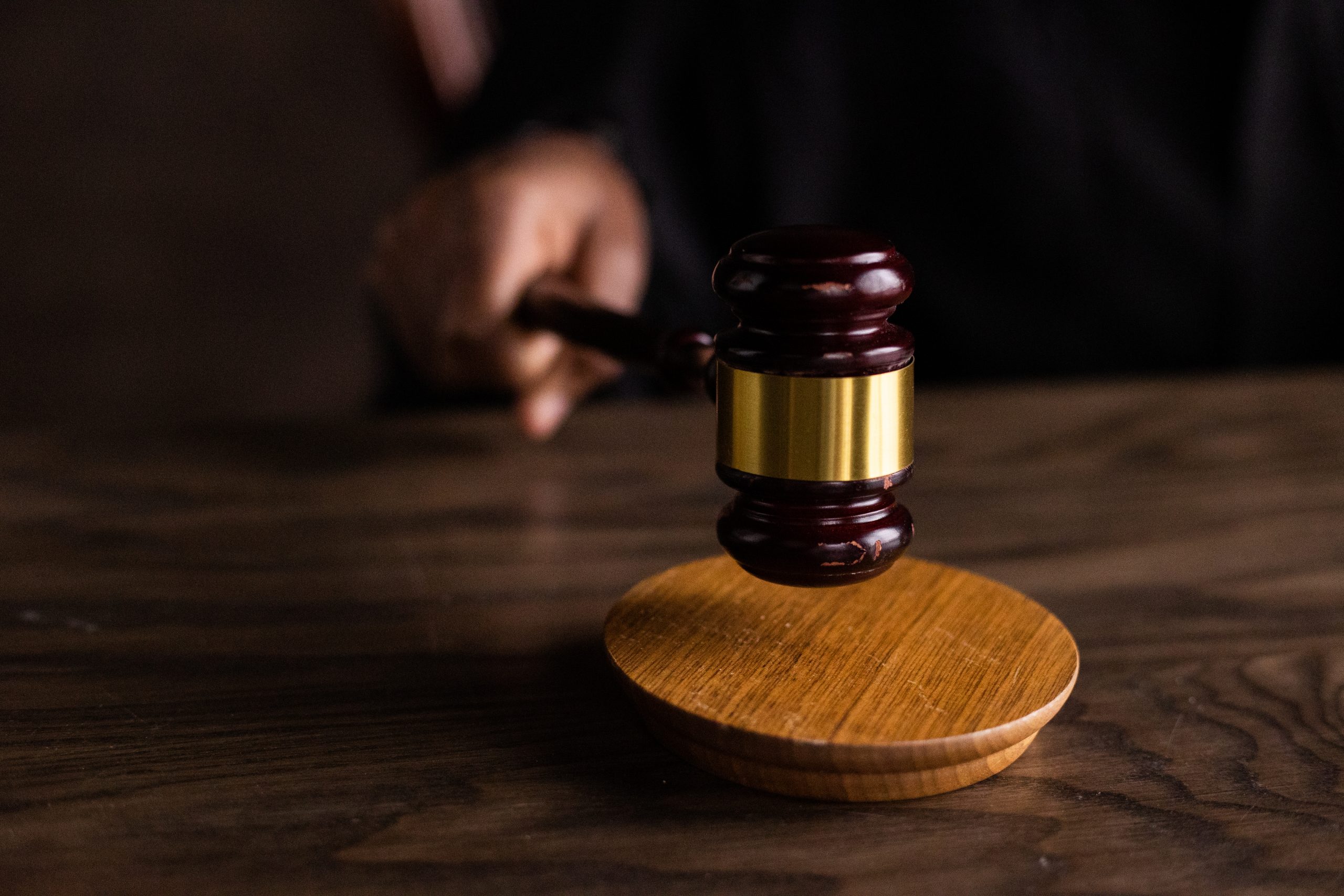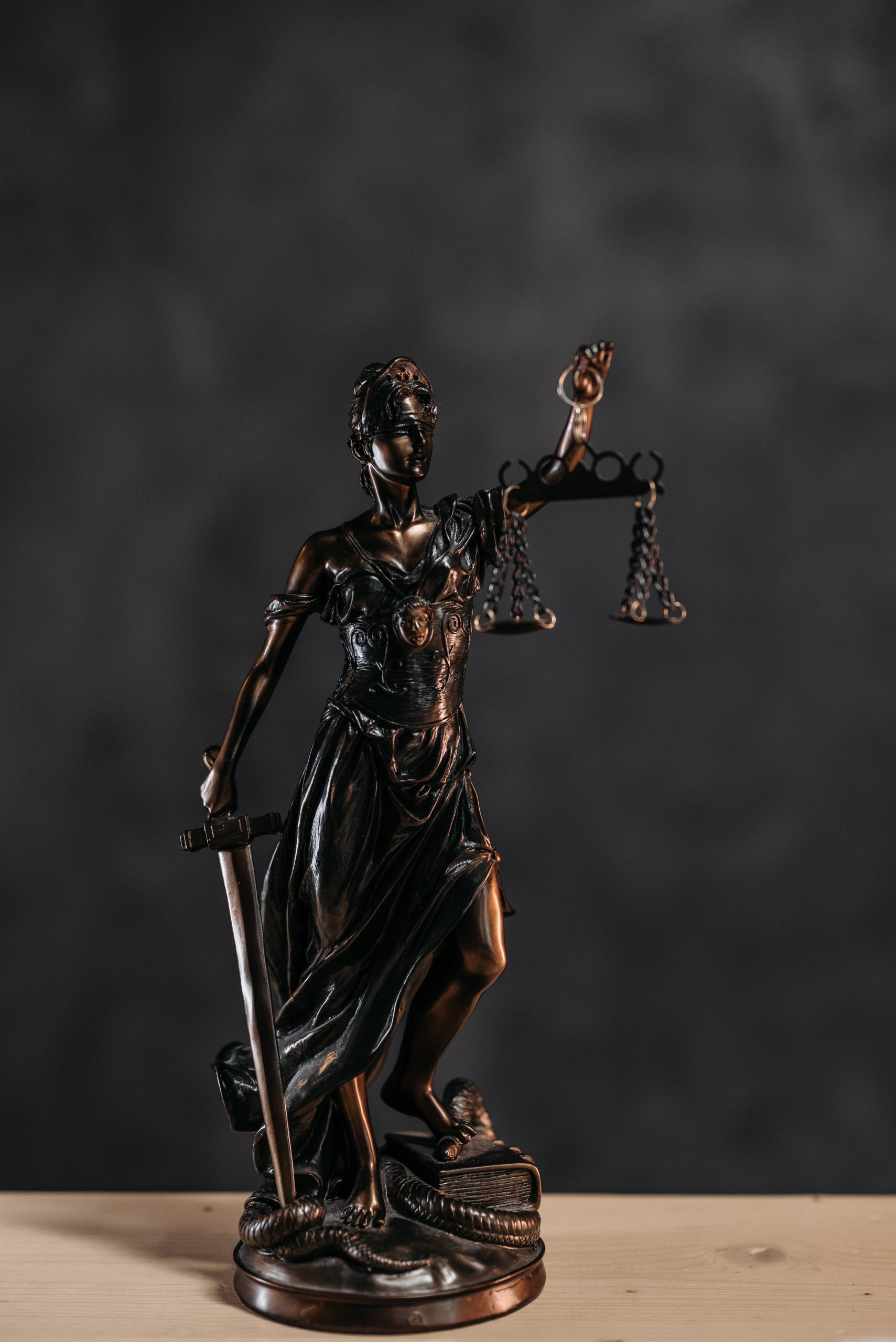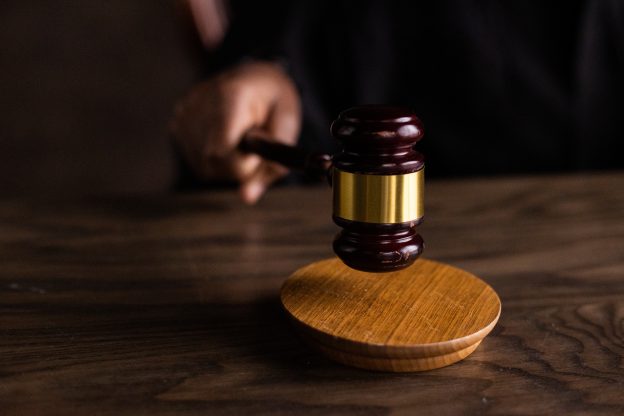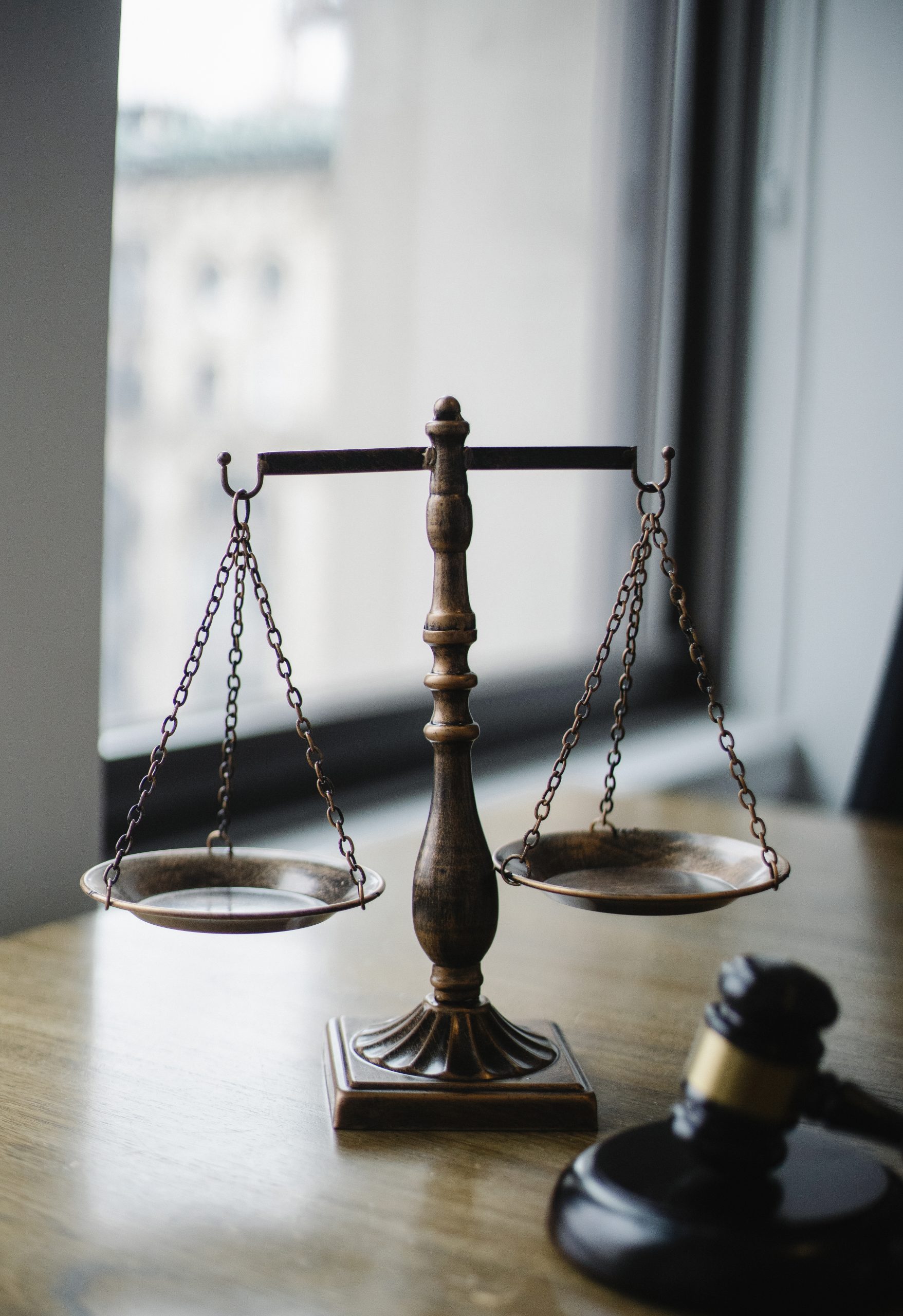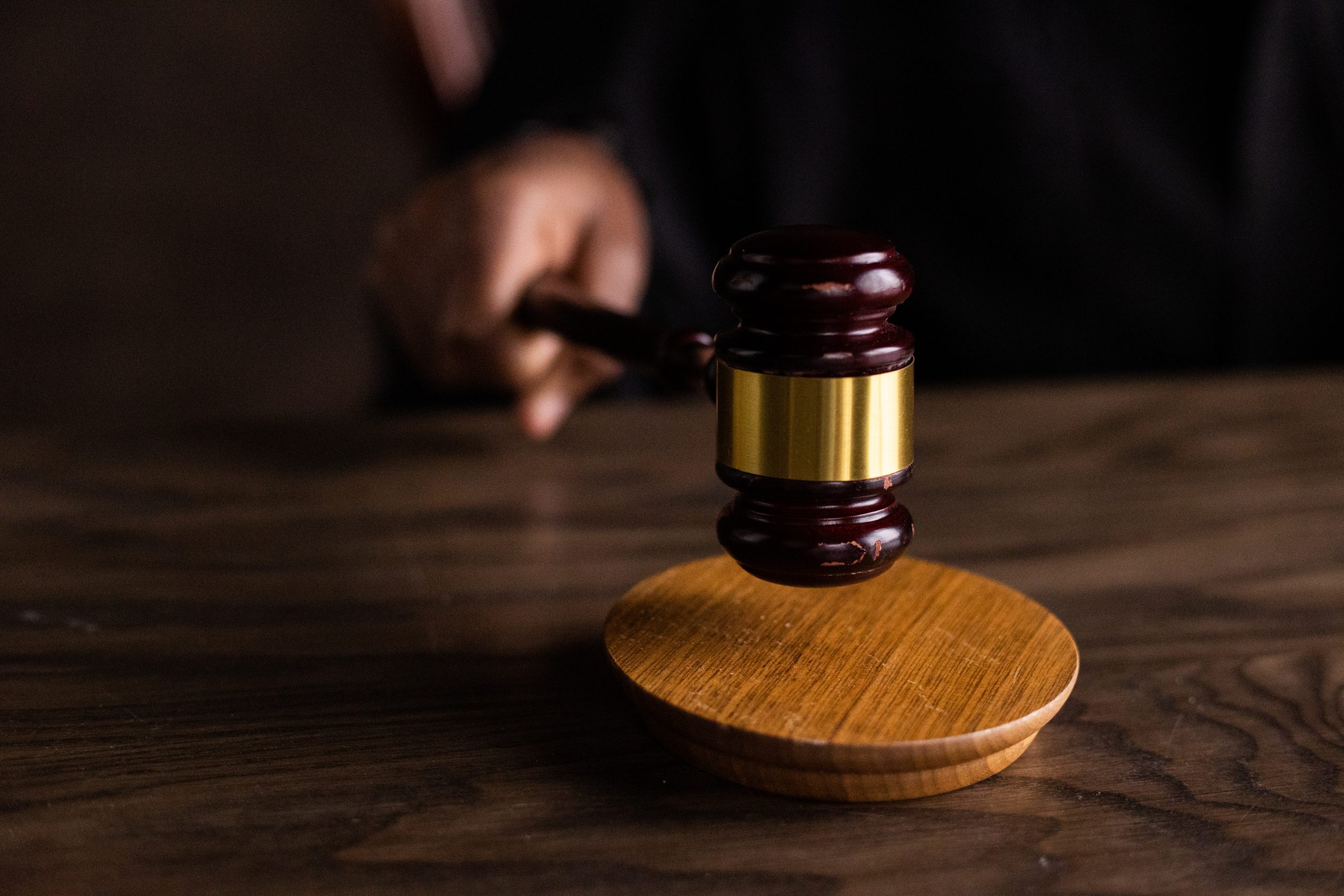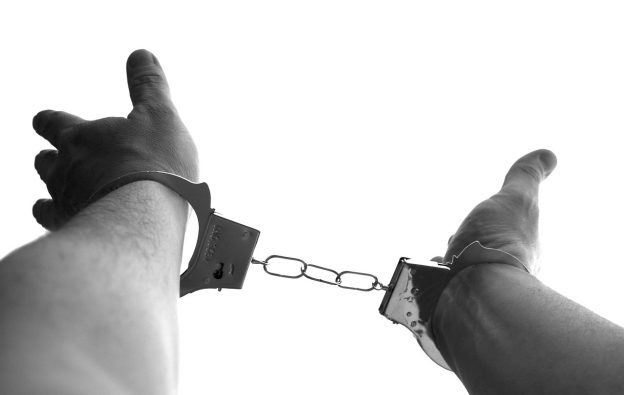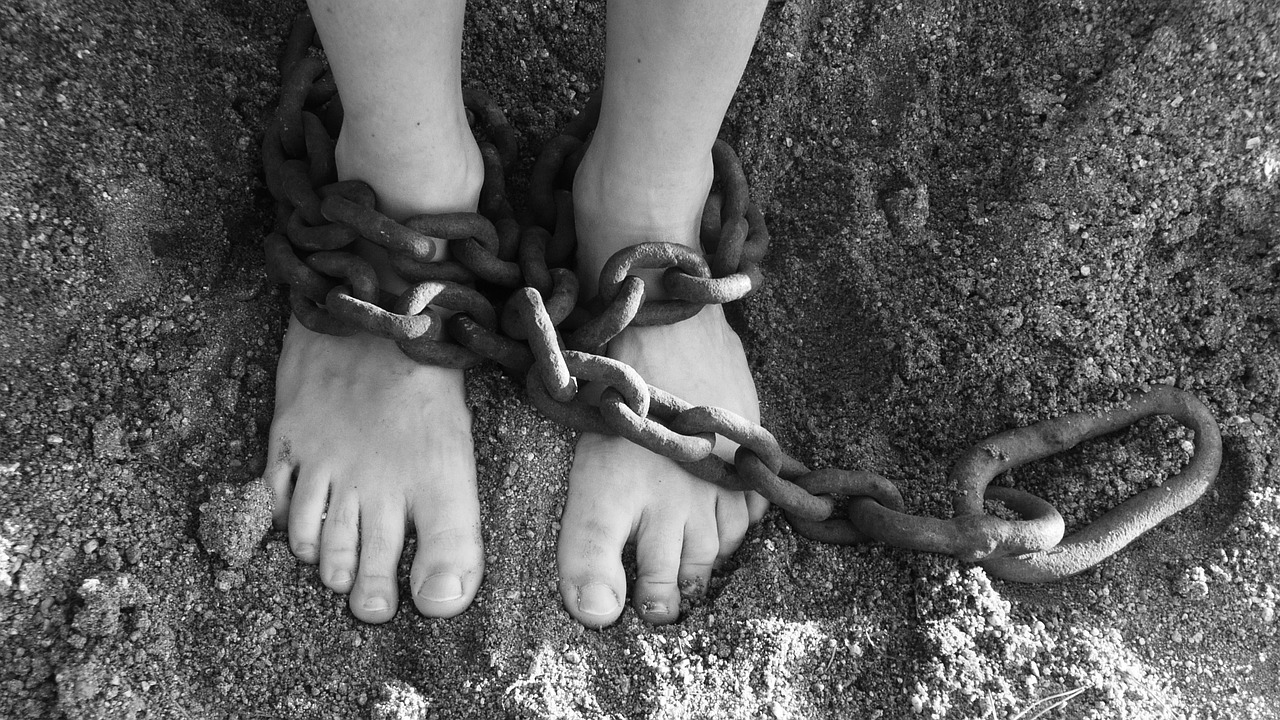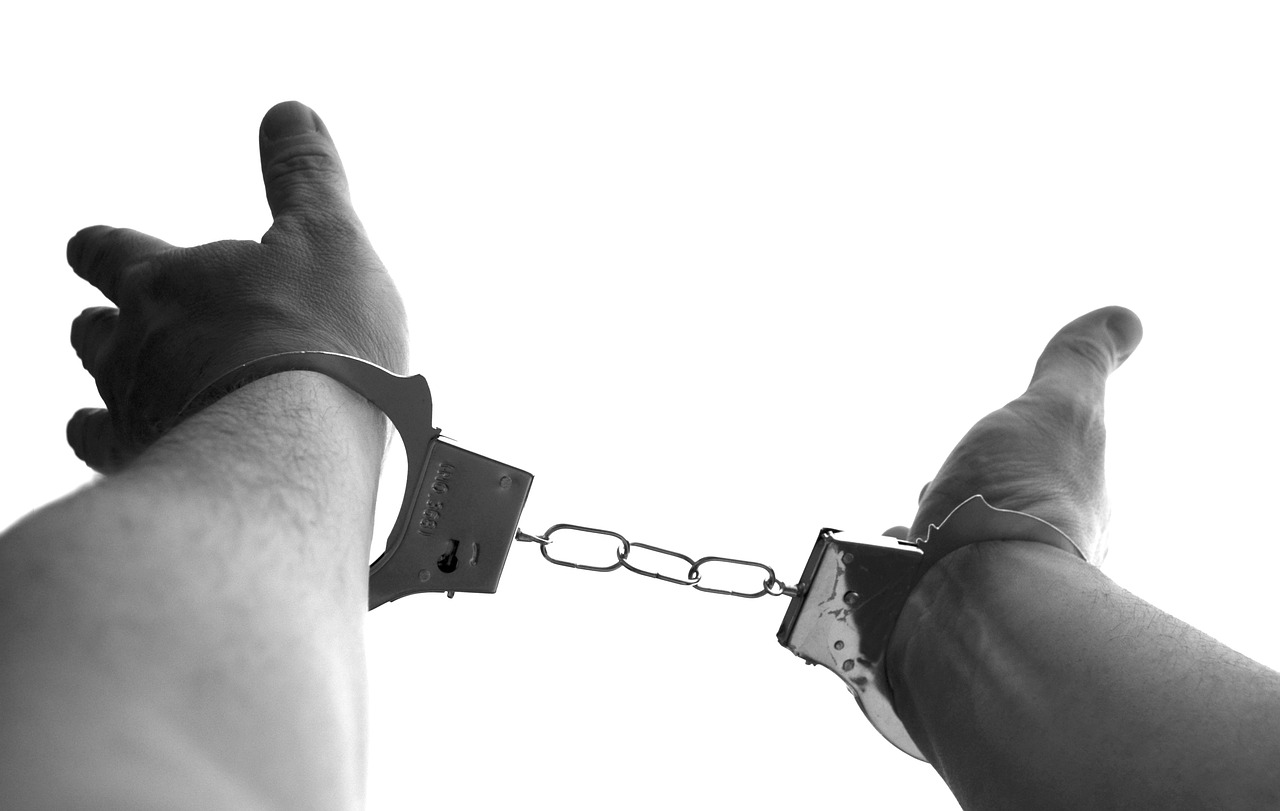In the world of criminal law, a criminal case can be a daunting and overwhelming process. From accusations to investigations and trials, navigating the complexities of the legal system can leave individuals feeling lost and vulnerable. That’s where a skilled criminal defense attorney comes in. With their expertise and experience, they can guide you through the intricacies of your case, providing reassurance, guidance, and the best possible defense. At [Lawyer’s Name], we understand the unique challenges individuals facing criminal charges encounter. Through our informative blog posts, we aim to shed light on complex legal concepts, provide real-life scenarios, and address common concerns head-on. Our goal is to instill confidence in our clients and set ourselves apart from other attorneys in the field. So if you find yourself in the midst of a criminal case, don’t hesitate to reach out to us for a consultation, and let us be your trusted ally in your legal journey.
Understanding Criminal Cases
A criminal case is a legal proceeding in which a person is charged with committing a crime. It is initiated by the government, typically represented by a prosecutor, with the goal of seeking justice and holding the accused responsible for their actions. Criminal cases can have serious consequences, including fines, probation, imprisonment, or even the death penalty. Therefore, it is important to have a thorough understanding of criminal law and the different stages involved in a criminal case.
What is a Criminal Case?
A criminal case is a legal proceeding that involves an individual who is accused of committing a crime. It is important to note that a criminal case is different from a civil case, which involves disputes between individuals or entities. In a criminal case, the government brings charges against the accused in order to punish the person for violating the law and to maintain public order.
The Parties Involved in a Criminal Case
In a criminal case, there are several key parties involved. The first is the prosecution, which represents the government and is responsible for proving the guilt of the accused. The prosecution is led by a prosecutor, who is a lawyer employed by the government. The second party is the defense, which represents the accused. The defense is led by a criminal defense attorney, whose role is to protect the rights and interests of the accused. The third party is the judge, who presides over the case and ensures that the trial is conducted fairly and according to the law. Finally, there is the jury, which consists of a group of individuals selected to make a decision based on the evidence presented during the trial.
The Basics of Criminal Law
Criminal law is a branch of law that deals with crimes and their punishment. It encompasses a set of rules and statutes that define what conduct is considered criminal and the penalties that can be imposed for such conduct. Criminal law is designed to protect society by deterring criminal behavior, punishing offenders, and rehabilitating those who have violated the law. It covers a wide range of offenses, including murder, assault, theft, drug offenses, and fraud.
Stages of a Criminal Case
A criminal case typically goes through several stages, each with its own unique requirements and procedures. Understanding these stages is crucial for anyone involved in a criminal case, whether as a defendant or as a concerned party.
Investigation
The first stage of a criminal case is the investigation. This is when law enforcement agencies gather evidence to determine if a crime has been committed and who may be responsible. Investigators may interview witnesses, collect physical evidence, analyze forensic evidence, and conduct surveillance. The purpose of the investigation is to gather enough evidence to support a criminal charge, although not every investigation leads to an arrest or prosecution.
Arrest and Booking
If the evidence gathered during the investigation establishes probable cause that a crime has been committed and the accused is responsible, law enforcement will make an arrest. The arrested person is then taken to a police station or jail for the booking process. During booking, the person’s personal information is recorded, fingerprints and photographs are taken, and a record of the arrest is created. The arrested person may be allowed to post bail or may be held in custody until their initial court appearance.
Initial Court Appearance
After an arrest, the accused is brought before a judge for an initial court appearance, also known as an arraignment. At this stage, the judge informs the accused of the charges against them, explains their rights, and determines whether to set bail or release them on their own recognizance. The accused may enter a plea of guilty, not guilty, or no contest during the initial court appearance.
Discovery
During the discovery stage, both the prosecution and the defense exchange information and evidence that will be used in the trial. This includes witness statements, police reports, forensic evidence, expert reports, and any other relevant documents. The purpose of discovery is to ensure that both parties have access to all the evidence so that the trial can proceed fairly.
Plea Bargaining
Plea bargaining is a negotiation process between the prosecution and the defense in which the defendant agrees to plead guilty or no contest to one or more charges in exchange for a reduced sentence or other concessions. Plea bargains can save time and resources by avoiding a trial and can result in a less severe punishment for the defendant.
Trial
If a plea bargain cannot be reached or if the defendant insists on pleading not guilty, the case proceeds to trial. During the trial, both the prosecution and the defense present their evidence and arguments to the jury, which then decides if the defendant is guilty or not guilty. The trial is conducted according to a set of rules and procedures designed to ensure a fair and impartial process.

Types of Criminal Cases
Criminal cases can vary greatly depending on the nature of the offense committed. Here are some common types of criminal cases:
Violent Crimes
Violent crimes involve the use or threat of physical force against another person. Examples include murder, assault, robbery, and sexual offenses. These types of crimes often carry severe penalties due to the serious harm they cause to victims.
White-Collar Crimes
White-collar crimes are non-violent offenses typically committed by individuals or organizations in the course of their professional or business activities. Examples include fraud, embezzlement, money laundering, and insider trading. These crimes often involve financial gain and can cause significant harm to individuals and the economy.
Drug Crimes
Drug crimes involve the possession, sale, manufacturing, or trafficking of illegal drugs. This includes offenses related to controlled substances such as cocaine, heroin, methamphetamine, and marijuana. Drug crimes can carry harsh penalties, as society seeks to combat the negative effects of drug abuse.
Property Crimes
Property crimes involve the unlawful interference with another person’s property. Examples include theft, burglary, arson, and vandalism. These crimes can cause financial loss and emotional distress to the victims.
Juvenile Crimes
Juvenile crimes are offenses committed by individuals under the age of 18. The juvenile justice system aims to rehabilitate rather than punish young offenders. Examples of juvenile crimes include underage drinking, shoplifting, truancy, and vandalism.
The Importance of Hiring a Criminal Defense Attorney
Facing criminal charges can be an overwhelming and distressing experience. It is crucial to have an experienced criminal defense attorney by your side to protect your rights and provide you with the best possible defense. Here are some reasons why hiring a criminal defense attorney is essential:
Why Do You Need a Criminal Defense Attorney?
-
Legal Expertise: Criminal defense attorneys have a deep understanding of criminal law and the legal system. They can evaluate the strengths and weaknesses of your case, analyze the evidence against you, and develop a strategic defense strategy.
-
Protection of Rights: A criminal defense attorney will ensure that your constitutional rights are protected throughout the criminal justice process. They will challenge any violations of your rights, such as illegal searches and seizures or coerced confessions.
-
Negotiation Skills: Criminal defense attorneys are skilled negotiators who can engage in plea bargaining with the prosecution to secure a favorable outcome, such as reduced charges or penalties.
-
Trial Experience: If your case goes to trial, a criminal defense attorney will have the courtroom experience necessary to present a strong defense, cross-examine witnesses, and argue your case before a jury.
Benefits of Hiring a Criminal Defense Attorney
-
Reduced Sentencing: With their knowledge of the law, criminal defense attorneys can work to minimize the potential consequences of a conviction. They may be able to negotiate for a lesser sentence or explore alternative sentencing options.
-
Protection from Prosecutorial Tactics: Prosecutors have a duty to seek justice, but they also have an interest in securing convictions. A criminal defense attorney can protect you from overzealous prosecution tactics and ensure that your rights are upheld.
-
Access to Resources: Criminal defense attorneys have a network of professionals, including investigators and expert witnesses, who can help build a strong defense. They can also gather evidence and interview witnesses on your behalf.
-
Emotional Support: Going through a criminal case can be emotionally taxing. A criminal defense attorney can provide guidance, support, and reassurance throughout the process, helping to alleviate some of the stress and anxiety.

Finding the Right Criminal Defense Attorney
Choosing the right criminal defense attorney is crucial to ensure that you receive the best possible representation. Here are some qualities to look for in a criminal defense attorney:
Qualities to Look for in a Criminal Defense Attorney
-
Experience: Look for an attorney who has extensive experience handling criminal cases, especially those similar to yours. Experience brings a deep understanding of the legal system and valuable insights into strategies that work.
-
Track Record of Success: Research the attorney’s track record and reputation. Look for evidence of successful outcomes in their past cases, including dismissals, acquittals, or favorable plea bargains.
-
Communication Skills: A good criminal defense attorney should be an effective communicator. They should be able to explain complex legal concepts in a clear and accessible manner and keep you informed about the progress of your case.
-
Personalized Approach: Each case is unique, and a skilled defense attorney will tailor their approach to your specific circumstances. They should take the time to understand your needs, answer your questions, and address your concerns.
Tips for Choosing the Right Criminal Defense Attorney
-
Seek Recommendations: Ask for recommendations from friends, family, or colleagues who have been through a criminal case. They may be able to provide valuable insights or refer you to an attorney they trust.
-
Research Online: Look for criminal defense attorneys in your area and read their online reviews. Pay attention to any negative feedback or disciplinary actions.
-
Schedule Consultations: Most criminal defense attorneys offer free initial consultations. Use these meetings to assess the attorney’s knowledge, communication style, and compatibility with your needs.
-
Consider their Caseload: It is important to choose an attorney who has the time and resources to dedicate to your case. Ask about their caseload and how much time they can devote to your defense.
Preparing for a Criminal Case
Being proactive and prepared is crucial when facing a criminal case. Here are some steps to take to ensure you are well-prepared:
Gathering Evidence
Work closely with your criminal defense attorney to gather evidence that can support your defense. This may include witness statements, surveillance footage, expert opinions, or any other information that can help challenge the prosecution’s case.
Building a Strong Defense
Based on the evidence gathered, your defense attorney will develop a strategic defense strategy. This may involve challenging the credibility of the prosecution’s evidence, presenting alternative explanations, or proving that your actions were justified.
Understanding Court Procedures
Familiarize yourself with the court procedures and rules that will apply to your case. Your defense attorney will guide you through the process and help you understand what to expect, including the order of proceedings, the roles of different participants, and your rights as a defendant.
Possible Outcomes of a Criminal Case
The outcome of a criminal case can vary depending on the facts of the case, the strength of the evidence, and the skill of the defense attorney. Here are some possible outcomes:
Acquittal
If the jury finds you not guilty, you will be acquitted of the charges, and no further legal action will be taken against you. You will be able to move on with your life without a criminal conviction.
Dismissal
In some cases, it may be possible to have the charges against you dismissed. This can happen if the prosecution does not have enough evidence to proceed or if your constitutional rights were violated during the investigation or arrest.
Plea Bargain
A plea bargain is a negotiated agreement between the prosecution and the defense in which the defendant agrees to plead guilty or no contest to one or more charges in exchange for a reduced sentence or other concessions.
Conviction
If the jury finds you guilty, you will be convicted of the charges and may face penalties such as fines, probation, imprisonment, or other consequences as determined by the judge.
Frequently Asked Questions
What are the penalties for a criminal conviction?
The penalties for a criminal conviction vary depending on the nature and severity of the offense and the laws of the jurisdiction. They can range from fines and probation to imprisonment or even the death penalty in some cases. Your defense attorney can provide specific information based on the charges you are facing.
Can I appeal a criminal conviction?
Yes, it is possible to appeal a criminal conviction. An appeal is a request to a higher court to review the decision of a lower court. Grounds for an appeal may include errors in the trial process, misconduct by the prosecution or the judge, or newly discovered evidence that could change the outcome. It is crucial to consult with an experienced appellate attorney to determine the viability of an appeal in your specific case.
How long does a criminal case take?
The duration of a criminal case can vary significantly depending on various factors, such as the complexity of the case, the backlog of cases in the court system, and the availability of witnesses and evidence. Some cases can be resolved relatively quickly, while others may take several months or even years to reach a resolution. Your defense attorney can provide a more accurate estimate based on the specifics of your case.
Remember, facing a criminal case can be overwhelming, but having a knowledgeable and experienced criminal defense attorney by your side can greatly increase your chances of a favorable outcome. If you are facing criminal charges, don’t hesitate to seek legal representation and protect your rights. Call our office today for a consultation to discuss your case and explore your defense options.














